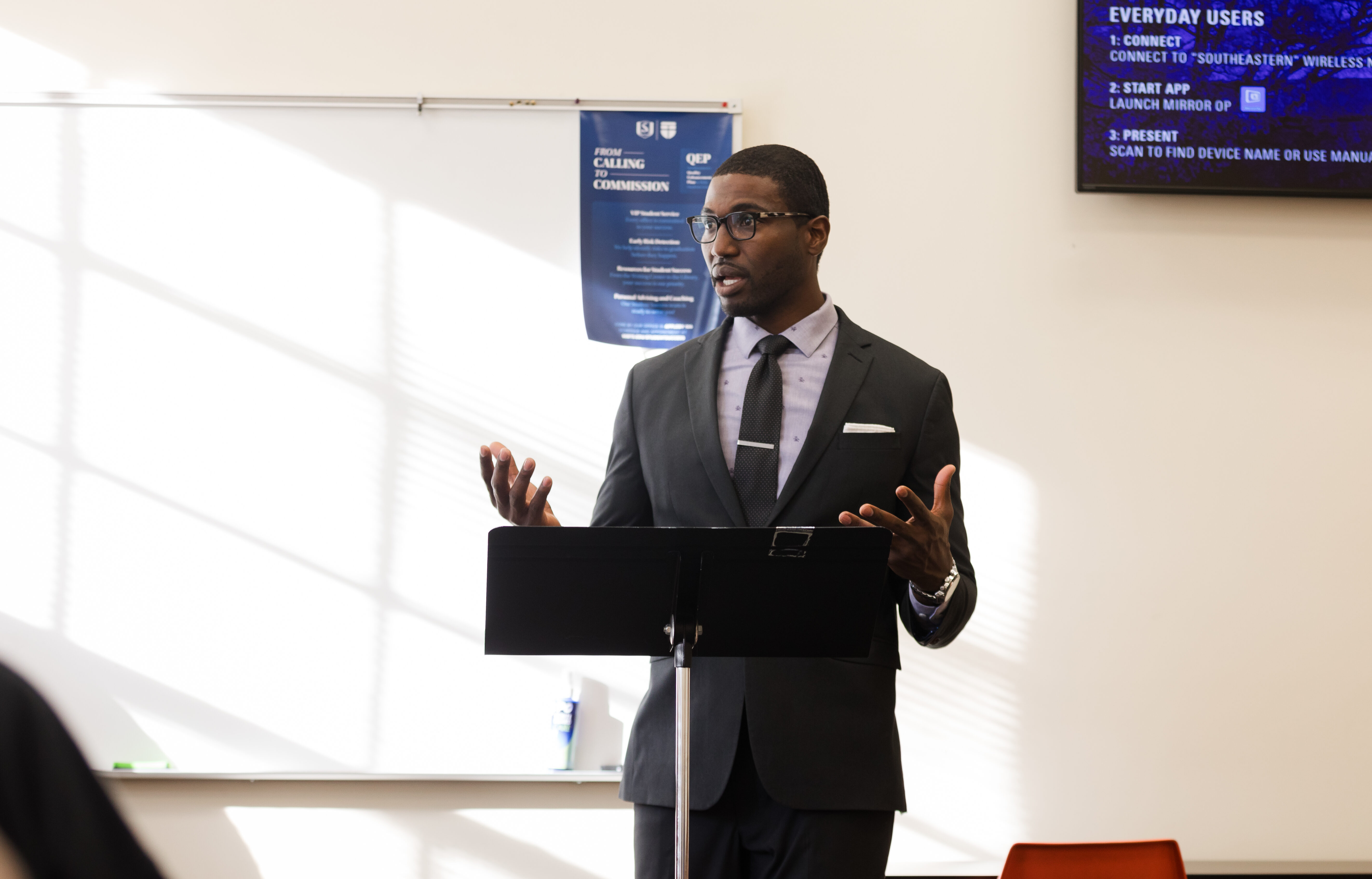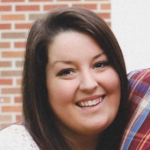Because this is the legacy I want my children to inherit: not one of buildings, but one of gospel-rooted presence. I want them to see that the Christian life is a long obedience in the same direction—often costly, often quiet, but always anchored in faithfulness.
But those soot-covered bricks sitting on our porch—they are crumbling. Brittle. Flecked with asbestos—hazardous, really—and yet, they are one of the few tangible remnants of something once filled with beauty, memory, and purpose. They came from the walls of a church affectionately called “God’s house by the side of the road”—a place anchored with red brick and white columns. But the building is gone now. Torn down, brick by brick. What was once a sanctuary for over a thousand people has since been sold to a developer. And though the bricks remain, the ministry they once held is no more.
My family’s story is tightly woven into that place. My great-grandfather, Rev. Paul Pridgen, pastored there from 1929 to 1962. I never knew him personally, but I have heard story after story of his passionate love for the Gospel, his unwavering heart for this city, and his wife Marie’s quiet, fierce faith—the kind of faith that raised children, fed neighbors, and opened doors wide in hospitality. She didn’t write books or speak at conferences, but her legacy lives in the lives she shaped—including mine. Her name is woven into my own.
Their prayers, their faith, and their ache for this community became the spiritual foundation that still shapes our family. Their son—my great-uncle, Paul Jr.—pastored the same church with that same conviction. He believed the gospel had something to say about justice, healing, and racial reconciliation. He loved this city and served it with humility and courage.
That is part of why we came back to Charleston. My husband and I felt God calling us to return—not just because of nostalgia, but because of mission. We wanted our children to grow up in the same soil where our roots were planted, to love this city not with sentimentality, but with service. As our pastor often says, we want Charleston to be a Holy City in truth—not just in name: a city where the Gospel is not only remembered, but lived.
So, to see that church close—to watch the property sold not to another congregation or ministry, but to a developer—feels like more than the loss of a building. It feels like the silencing of a story. Like a chapter that was meant to continue has been torn from the book. Yes, some of the proceeds have gone toward a scholarship for students pursuing ministry, and we thank God for that. We believe seeds can still bloom from even this soil. But I mourn what was lost: not just a space, but a gospel presence in that neighborhood. A church body that once stood as a light is no longer there.
I mourn the church that could have been.
There were opportunities for rebirth, partnership, planting something new in the heart of a growing, diverse city—but those doors were closed. Whether out of fear, comfort, or weariness, it was decided that the torch would not be passed. And that is what hurts the most. Because our city doesn’t need more buildings. It needs the Gospel. It needs people who will stay, serve, and build something that lasts—not for their own glory, but for God’s.
These bricks on my porch—they are more than a relic. They are a warning. A whisper of what is lost when comfort overtakes calling, when the vision to reach others with the Gospel fades, and when we stop planting trees whose shade we may now never sit under. They remind me that the past—our buildings, our traditions, even our most meaningful memories—can become stumbling blocks if we cling to them more tightly than to the mission. Honoring legacy is good. But we were never meant to preserve it for nostalgia’s sake. We were meant to build upon it—to let it fuel bold obedience in the present.
Because, as my great-grandfather said every homecoming, “Without a vision, the people perish.”
And maybe that’s part of what happened here. I don’t know every reason behind the decision—but it seemed the vision to reach this community with the gospel had faded. And when that kind of vision fades, so does the witness. A light that could have kept shining is now gone.
But we do not grieve without hope.
Because I believe my great-grandparents are part of the great cloud of witnesses now, cheering us on as Hebrews 12 says—urging us to keep going, even in the rubble. To keep sharing the good news. To keep believing the best for our city. To keep building—not with bricks, but with love, hospitality, mercy, and truth.
I believe God is still working here. I believe he is raising up new people, new churches, and new leaders to carry the vision forward. And I believe that our past—when remembered rightly—can fuel a future of faith.
So, this is my prayer:
That future churches facing hard decisions will choose courage. That they will plant what they may never see bloom. That they will care more for Gospel mission than comfort, more for eternity than self-preservation. That they’ll reject the lie that they no longer matter in a changing world—and instead remember they were made for this world, this moment, and this mission: to proclaim Christ, embody His love, and be His presence where they’re planted.
May we look back not with nostalgia, but with a holy kind of remembering—a remembering that doesn’t just recall the past but responds to it. In Scripture, Godly remembering is rarely passive. It is an invitation to walk in faithfulness, to trust that God’s past provision is the foundation for present obedience.
Let us remember the prayers that once filled that sanctuary—not to idolize a building, but to strengthen our faith for what God still wants to do. Let us remember the vision that once stirred a congregation—not to recreate what was, but to step boldly into what could be.
Because the Kingdom of God doesn’t crumble.
It rises.
And Jesus is still building His Church—
Even in the dust.
Even from the ashes.
Even through us.
Your legacy, no matter if it has bricks or not, can start with prayer. Ask God to give you eyes to see where he is already at work—and the courage to join him there. Pray for the churches in your city: for renewed vision, gospel unity, and partnerships that reflect Christ’s heart for his people. Ask him to give his Church humility, that we would follow where he leads, walk alongside others (even when it stretches us), and stay sensitive to the Holy Spirit’s prompting. Pray that he would help you invest—not in what benefits you, but in what builds his kingdom.
And don’t stop at prayer—reach out. Consider connecting with your local association or church planting network. Humbly ask how your congregation might support or come alongside the work God is already doing. There’s no pressure to start something new—just look for where he is moving and join in. We are better together.
And here is one simple personal step: Take a walk or drive through your neighborhood or city this week. Pray as you go. Pay attention to what stirs your heart, and ask God to show you one tangible way you can embody his presence right where you are.





No comments have been added.